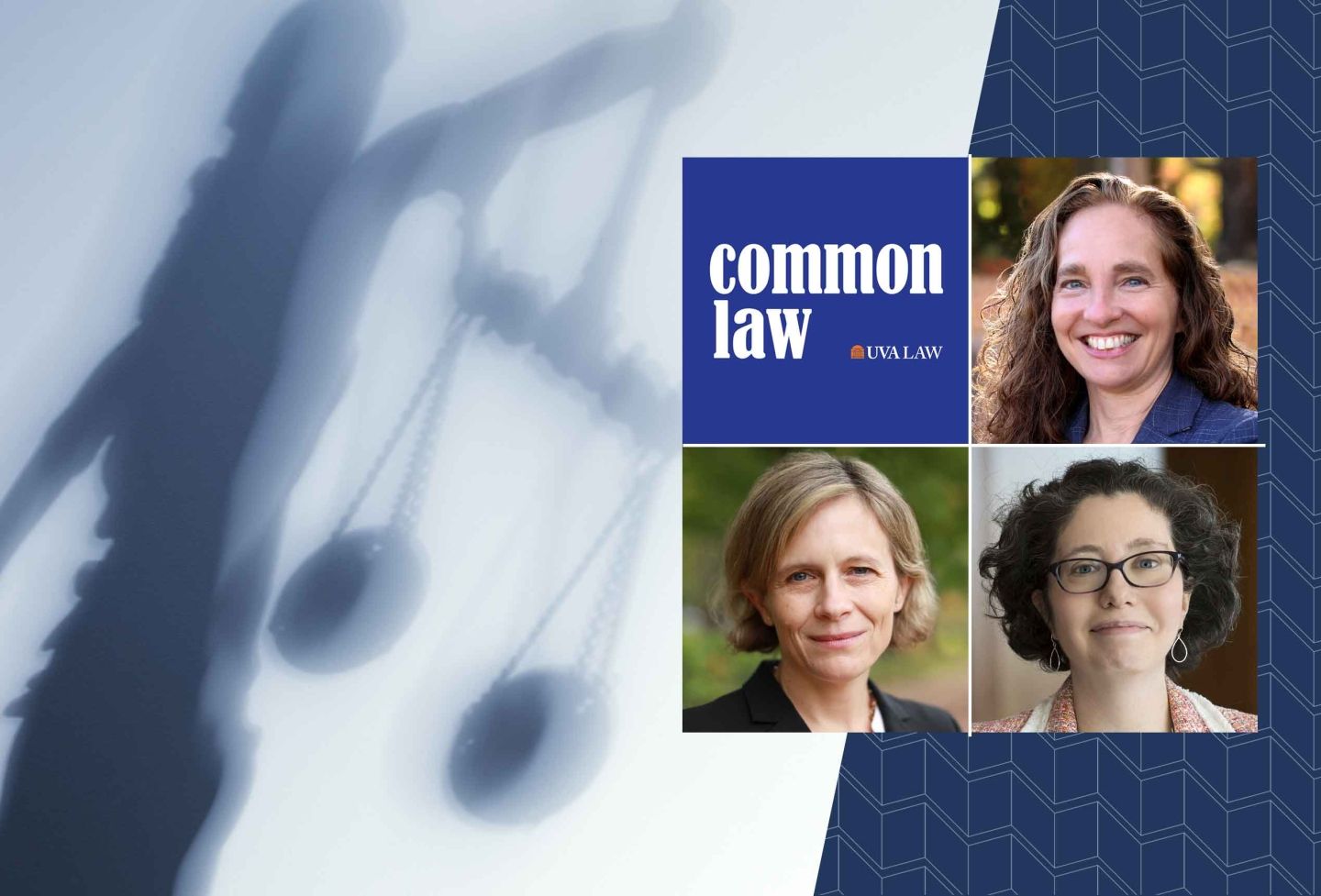James H. Hall Jr., a 1979 graduate of the University of Virginia School of Law who used his law degree to combat the sorts of discrimination he faced in his youth, died from cancer Jan. 1. He was 69.
Born and raised in Suffolk and Smithfield, Virginia — the son of a peanut farmer — Hall attended segregated schools until Virginia’s were integrated in 1969, when he was in ninth grade. Ten years later, upon graduating from the Law School, he embarked on a career that would take on some of Milwaukee’s most significant civil rights and discrimination cases of his era.
At UVA, Hall was one of a small flock of close-knit Black students, according to his housemate and classmate, Eric Fontaine ’79. Over late nights at their Berkshire Road apartment, they shared fears, hopes and stories from their childhood. Hall spoke of his father dying early in Hall’s life, being raised by a single mother he revered, and the pervasive smell of swine from the Smithfield packing plant.
“Like most of us, James came from a humble background, and we didn’t have anyone who had taught us how to think like a lawyer,” Fontaine said. “We banded together to try to prepare each other for the onslaught we were going to face in our lives and our careers.”
As second-years, they collected hundreds of rejection letters for summer associate opportunities at firms, which they turned into a point of pride by papering their walls with them.
“It was OK with us, because we knew we only needed one acceptance letter,” Fontaine said, chuckling.
Hall’s came from Charne, Clancy & Taitelman, a law firm in Milwaukee. While at the firm, he helped defend appeals of desegregation orders and devised a plan to enforce them. He ultimately made partner and stayed with the firm until it dissolved in 1991.
He and others then co-founded Hall, Burce & Olson, where he continued to practice as a name partner until his retirement in October 2022. In the 1990s, he would serve as co-lead in a landmark class-action redlining suit the Milwaukee NAACP brought against American Family Insurance, which resulted in a $16 million settlement, according to the Milwaukee Journal Sentinel.
His clients included a group of Black firefighters who sued the Milwaukee Fire Department for discrimination, the Milwaukee Area Technical College, City of Milwaukee Ethics Board, City of Milwaukee Pension Board and the Milwaukee County Social Development Commission.
He was also retained by the city of St. Paul, Minnesota, to ensure it complied with state and federal equal opportunity requirements, and he counseled the city of Minneapolis regarding initiatives to benefit American descendants of slaves.
Hall was a founding member of 100 Black Men of Milwaukee, which mentors disadvantaged youth to promote academic and economic achievement. And through his affiliation with Kappa Alpha Psi fraternity, he connected high school students interested in law with law school tours and insight into the admissions process and professional expectations, according to the Milwaukee Journal Sentinel.
He was additionally the former president of both the NAACP Milwaukee branch and the Wisconsin Association of African-American Lawyers, and he served on the Wisconsin ACLU board of directors and the national board of directors of Americans United for Separation of Church and State.
As a board member of the Tanzanian Economic Development Initiative, the Haggerty Museum of Art and the Milwaukee Art Museum’s Fine Arts Society, he was a dedicated fundraiser.
He taught as an adjunct professor at the University of Wisconsin-Milwaukee, including courses on race and public policy in urban America, local policy analysis, community organizing and the civil rights movement in the South.
Knowing Hall had been battling cancer for nearly 12 years, Fontaine recently drove to Charlottesville from D.C. to advocate in person for a news item about Hall’s life of consequence.
“How many attorneys make the choice to focus on civil rights work,” Fontaine asked. “He wasn’t doing it to get paid. He was doing it because he believed in the law, and he believed in those words that are inscribed outside that law school building we labored in.” (The inscription reads: “That those alone may be servants of the law who labor with learning, courage, and devotion to preserve liberty and promote justice.”)
Hall is survived by his spouse, Pauline, and his brother, Warren, and numerous cousins and other relatives. In lieu of flowers, the family would appreciate donations to Milwaukee’s Social Development Commission Foundation, NAACP Milwaukee, or the ACLU of Wisconsin.
Funeral services will be held Jan. 13 at noon at Emmanuel Baptist Church in Smithfield, Virginia.
Founded in 1819, the University of Virginia School of Law is the second-oldest continuously operating law school in the nation. Consistently ranked among the top law schools, Virginia is a world-renowned training ground for distinguished lawyers and public servants, instilling in them a commitment to leadership, integrity and community service.


